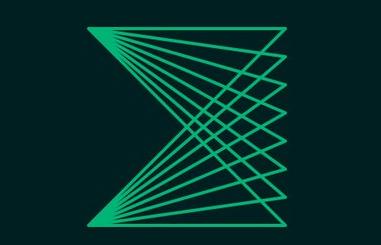
BASF invests in quantum computing startup Zapata
BASF Venture Capital is joining a group of prominent investors in the Series A investment round of Zapata Computing, Inc.
Headquartered in Cambridge, Massachusetts, Zapata is developing both a powerful software platform as well as specific applications for Global 1000 companies to effectively use a range of emerging quantum computing hardware.
By investing in Zapata, BASF Venture Capital supports BASF’s strategic goal to take advantage of the opportunities that digitalisation offers along the entire value chain.
Quantum computing will enable BASF experts to very efficiently investigate complex questions and it will further shorten the time it takes to launch new products.
Zapata, which was spun-out of Harvard University in 2017, will use the funds raised to expand its scientific team and further develop its software platform to meet growing customer demand.
BASF joins a round led by Comcast Ventures and Prelude Ventures, together with new and existing investors including Pitango Ventures, Pillar Venture Capital, and The Engine.
Quantum computing is a next generation approach to computation that uses the laws of quantum mechanics to increase the speed of certain calculations.
While quantum computing has great potential, it is currently limited by the pace of hardware development.
Zapata’s hybrid quantum-classical approach is designed to elicit the maximum value from the limited number of qubits that will be available in the next few years.
A classical computer uses many bits (“0s” and ”1s”) for calculations. A quantum bit (“qubit”), like the bit in classical computing, describes the state of the smallest unit used for calculations.
A qubit consists of two quantum states, e.g. the electron spin that can have two directions. These qubits can be combined in a way that they contain much more information than the same number of classical bits.
By this “superposition” a quantum computer can work much more efficiently than a classical computer in certain important applications, e.g. materials modelling, optimisation, machine learning.
